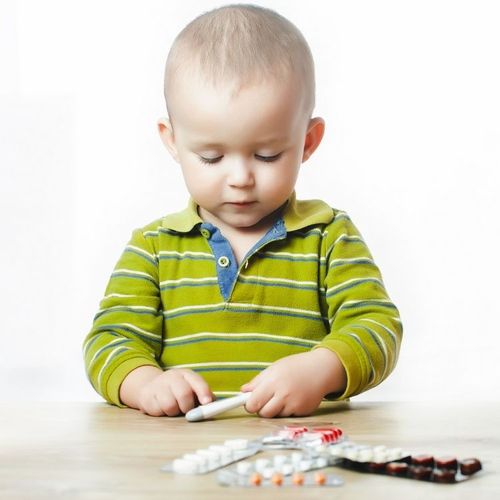Medications that are taken accidentally by young children account for an estimated 53,517 nonfatal emergency room visits each year in the United States, a federal study has found.
The Research
Reviewing the data from 3,600 cases of medication mistakes in young children, researchers discovered that approximately 42% had ingested common over-the-counter (OTC) drugs, including vitamins, and 39.2% had accidentally taken prescription drugs. The remaining children had ingested a combination of drugs or an unknown medication.
Children who were one and two years of age accounted for 72% of the cases. Inaddition, 75% of accidental ingestions occurred in the home. Of the children taken to emergency rooms, almost one in 10 were hospitalized or transferred to another facility for specialized care, according to the report.
"Medications are far and away the most common ingestions for which children are treated in the emergency department," says study coauthor Dr. Dan Budnitz, from the Centers for Disease Control and Prevention's (CDC) Division of Healthcare Quality Promotion.
"We found that from 2001 to 2003 there were approximately 53,000 young children treated in the emergency department after swallowing medications that were not intended for them," Budnitz reports.
What Parents Can Do
Budnitz says that there are three things parents or caregivers can do to prevent medication accidents...
1. Keep medication out of the sight and reach of young children.
2. Don't assume that keeping medications in purses or pillboxes will prevent children from getting them.
3. Pay close attention when giving medication to children to ensure that they are getting the right drug and the correct dose.
"Young children continue to swallow medications or doses of medications that are not intended for them," Budnitz says. "Parents should be vigilant, whether it's storing their own medications or properly administering medications to children."
Dr. David L. Katz, director of the Prevention Research Center at Yale University School of Medicine, agrees that most of these cases can be avoided. "Parents must recognize that any medicine is a potential poison when taken in a high dose or by the wrong person. The precautions we take with dangerous chemicals should also be applied to seemingly innocuous items, such as Tylenol, cold remedies and even vitamins," Katz says. "Pill vials should be securely closed, hidden away and stored at a height young children can't reach."
